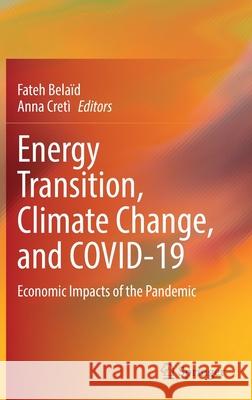Energy Transition, Climate Change, and Covid-19: Economic Impacts of the Pandemic » książka
topmenu
Energy Transition, Climate Change, and Covid-19: Economic Impacts of the Pandemic
ISBN-13: 9783030797126 / Angielski / Twarda / 2021 / 318 str.
Energy Transition, Climate Change, and Covid-19: Economic Impacts of the Pandemic
ISBN-13: 9783030797126 / Angielski / Twarda / 2021 / 318 str.
cena 535,99 zł
(netto: 510,47 VAT: 5%)
Najniższa cena z 30 dni: 535,99 zł
(netto: 510,47 VAT: 5%)
Najniższa cena z 30 dni: 535,99 zł
Termin realizacji zamówienia:
ok. 20 dni roboczych.
ok. 20 dni roboczych.
Darmowa dostawa!
Kategorie:
Kategorie BISAC:
Wydawca:
Springer
Język:
Angielski
ISBN-13:
9783030797126
Rok wydania:
2021
Wydanie:
2021
Ilość stron:
318
Waga:
0.54 kg
Wymiary:
23.39 x 15.6 x 1.6
Oprawa:
Twarda
Wolumenów:
01
Dodatkowe informacje:
Wydanie ilustrowane











